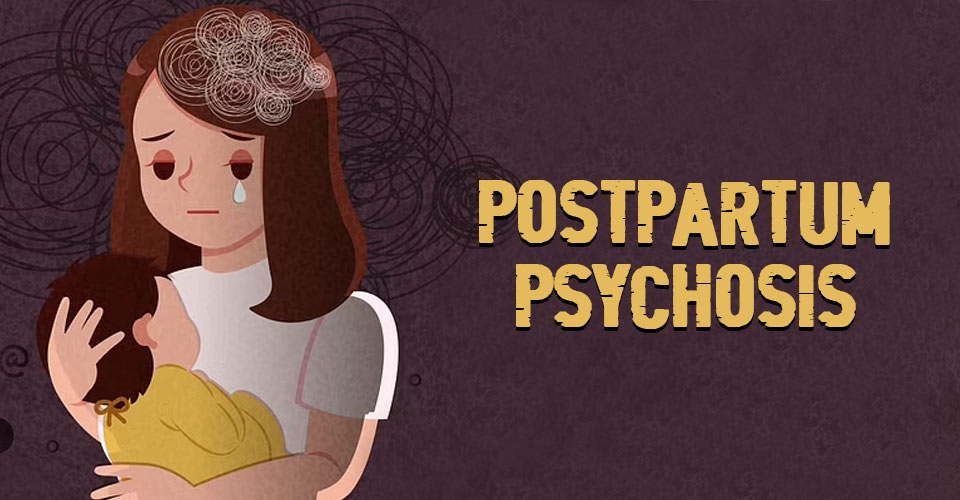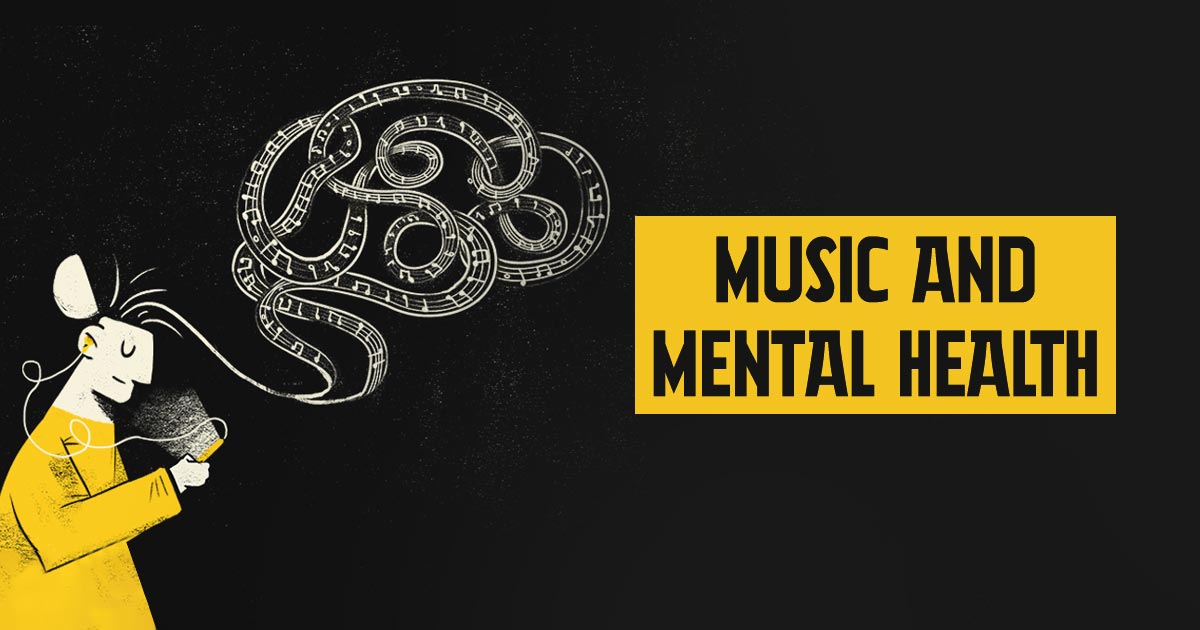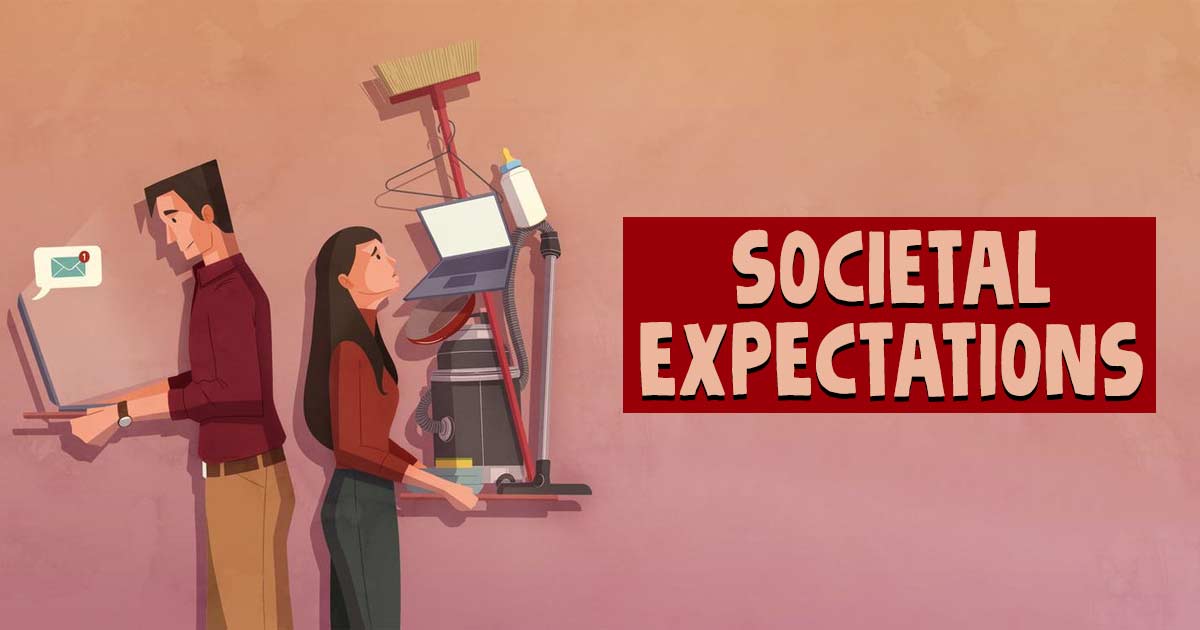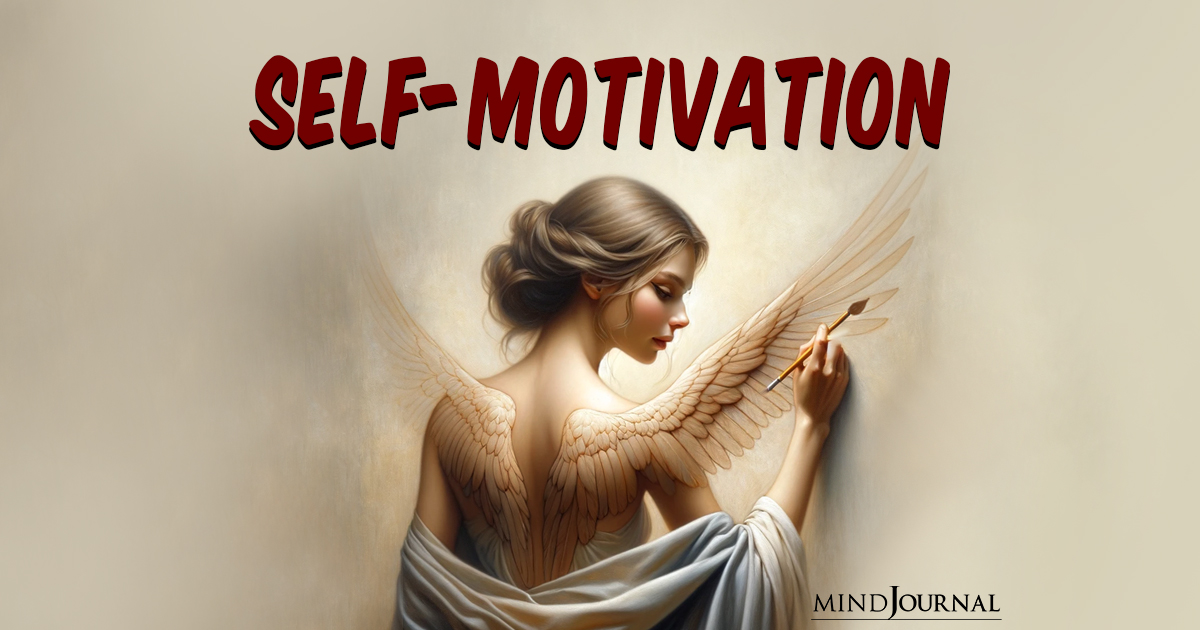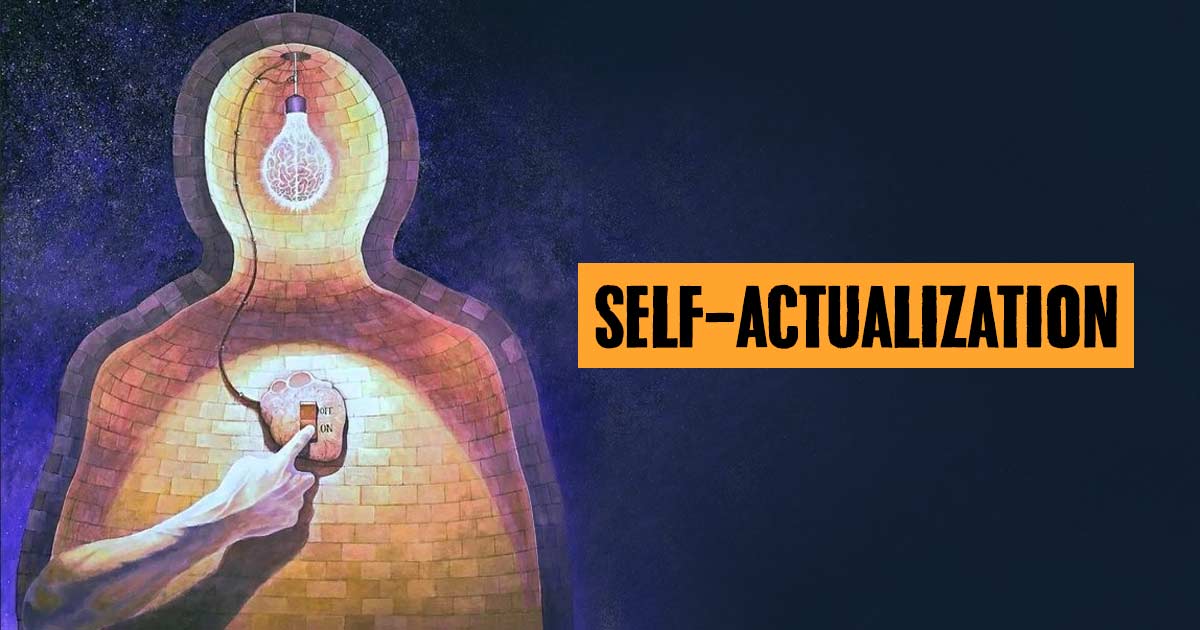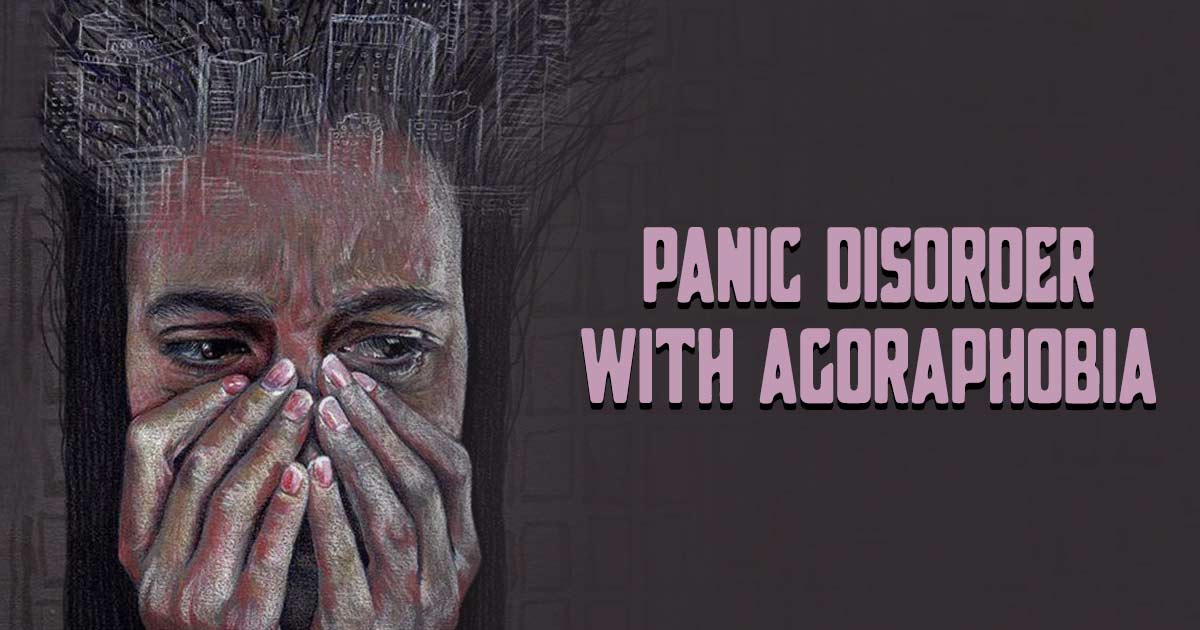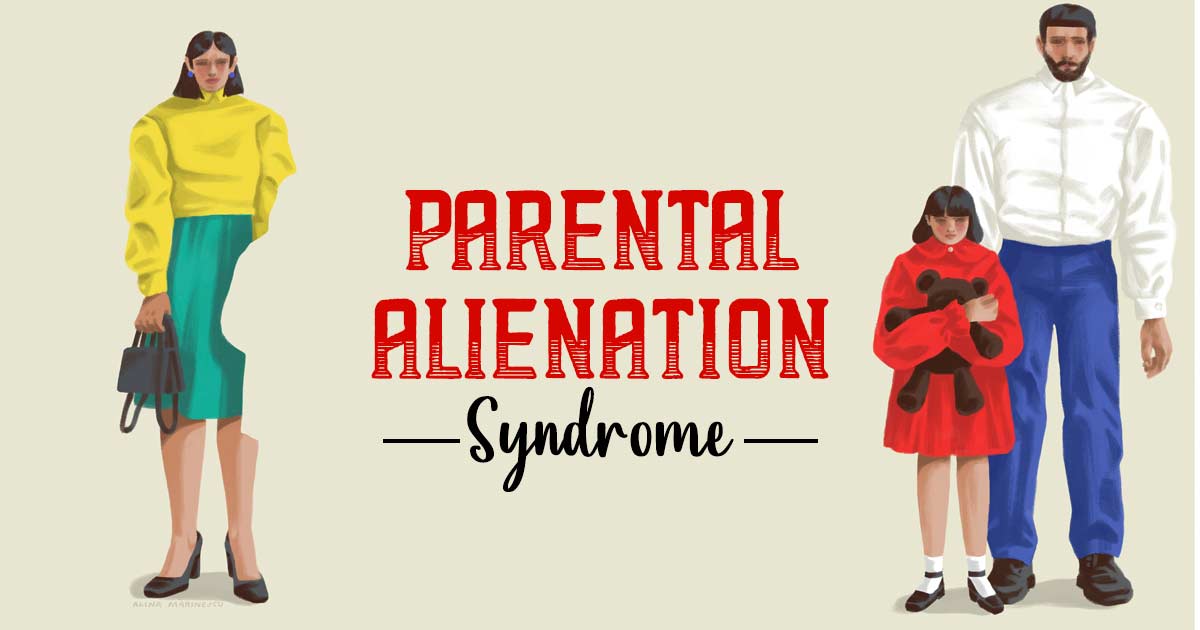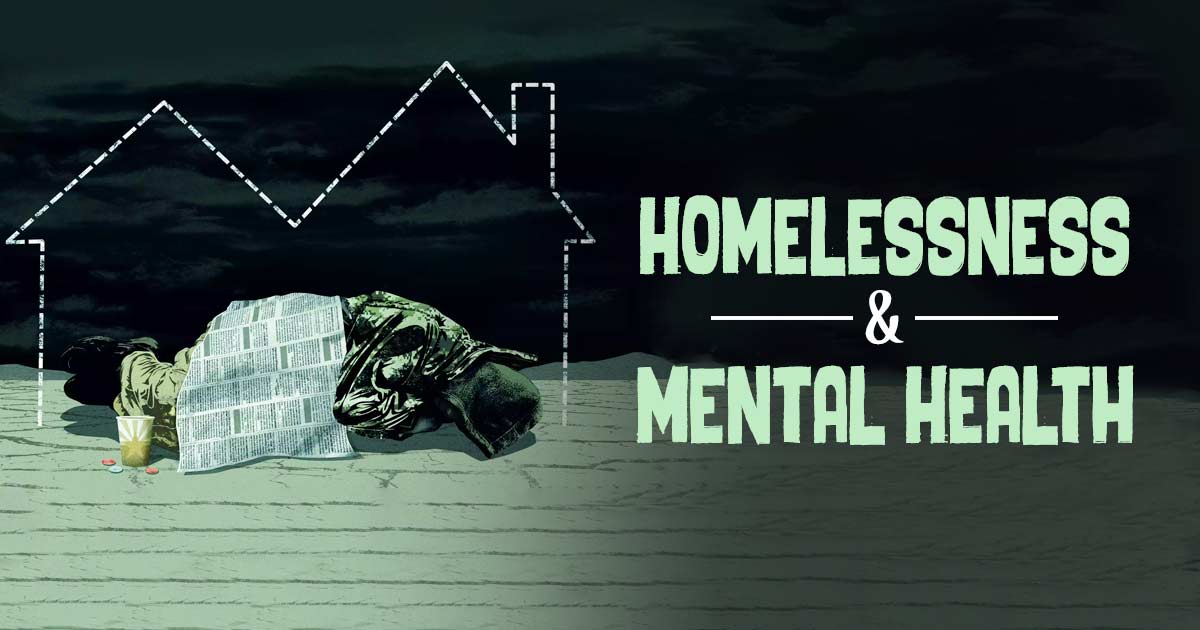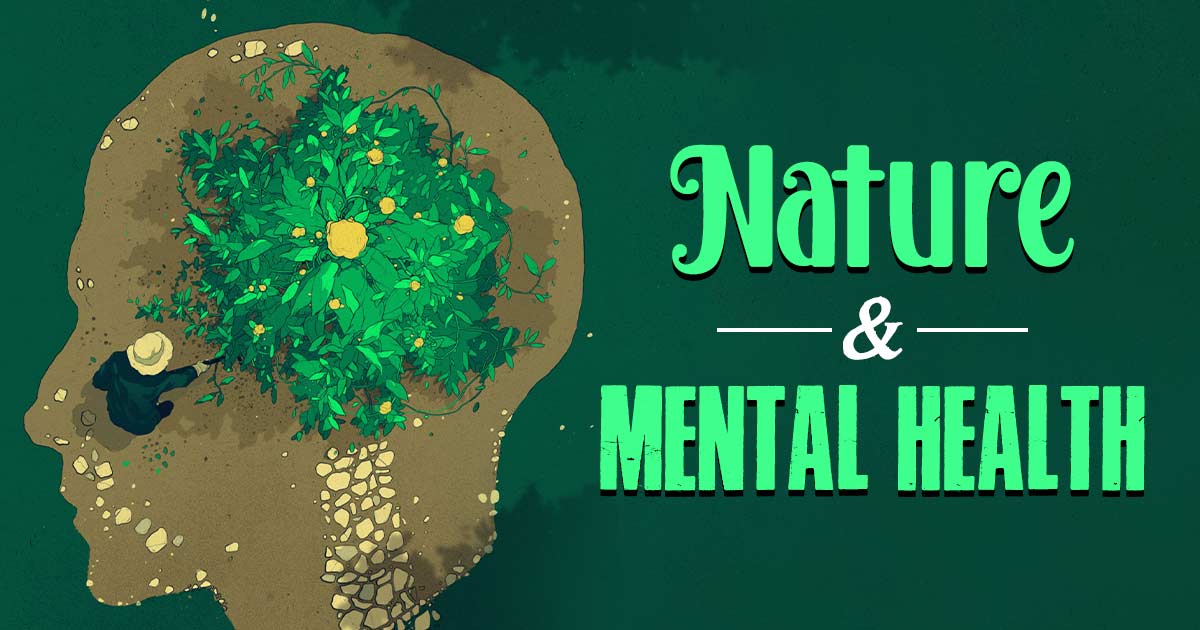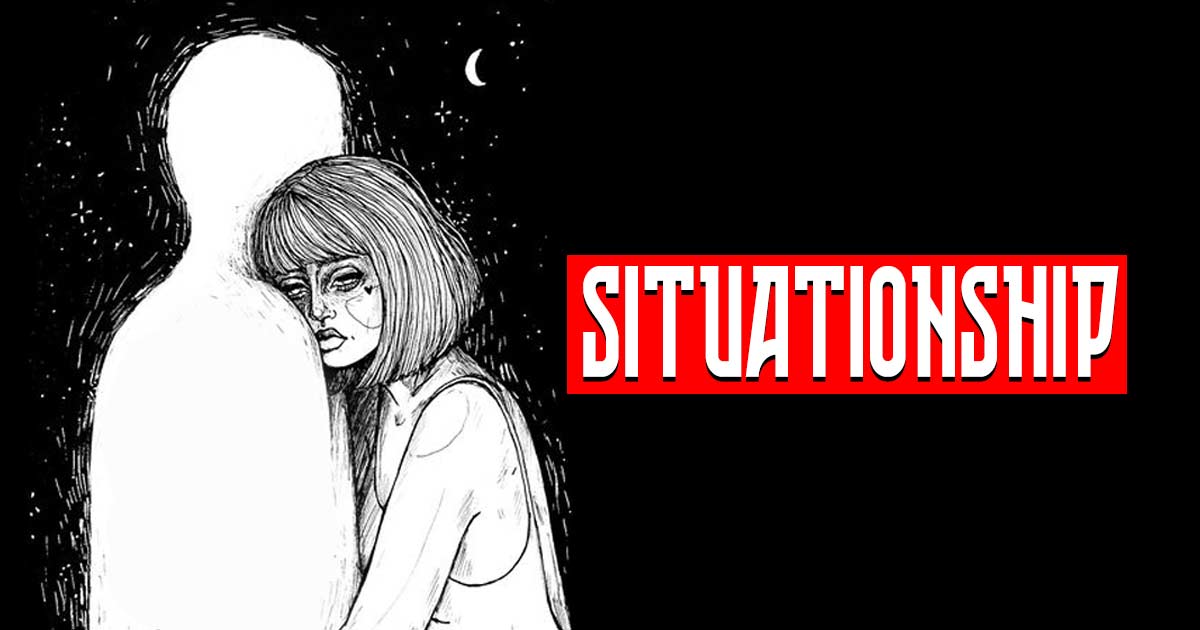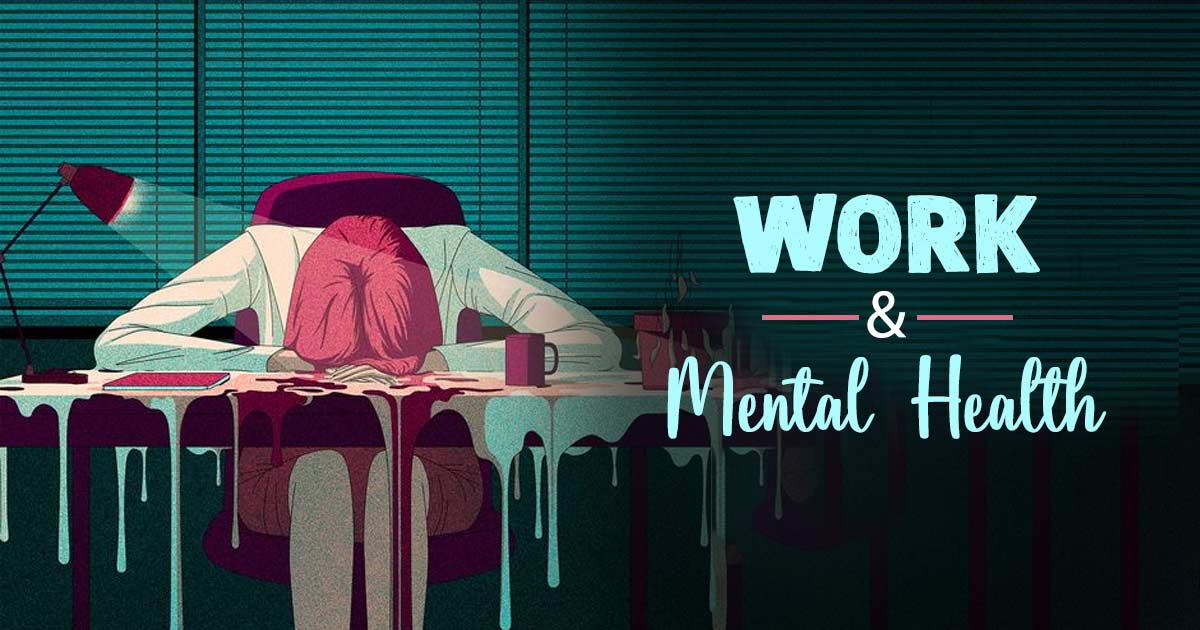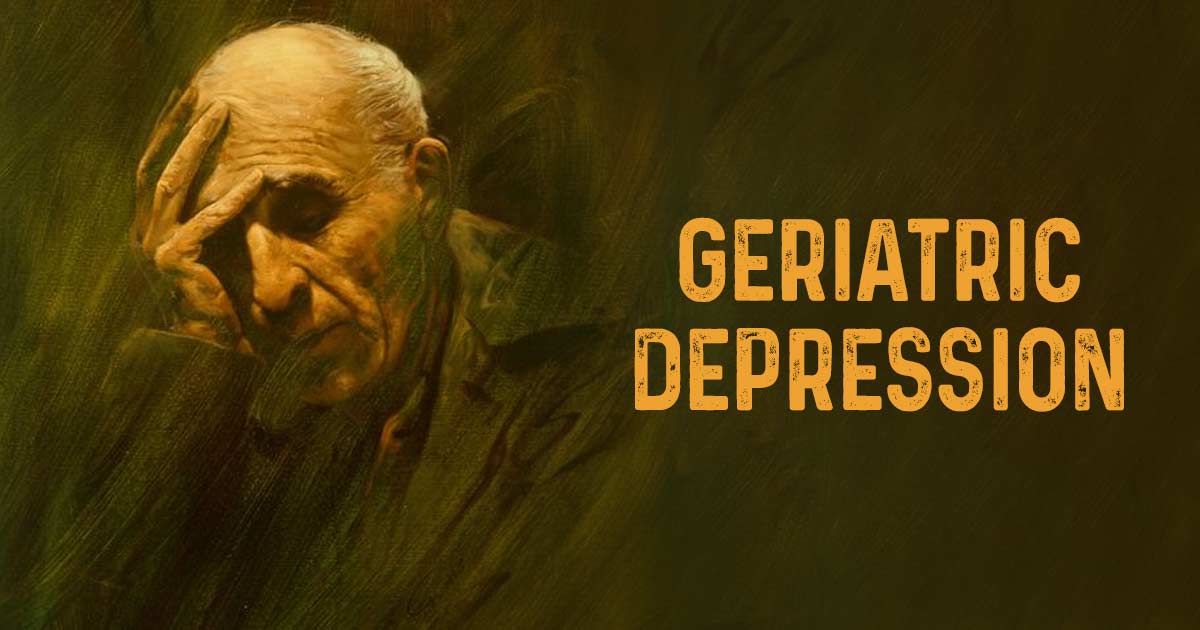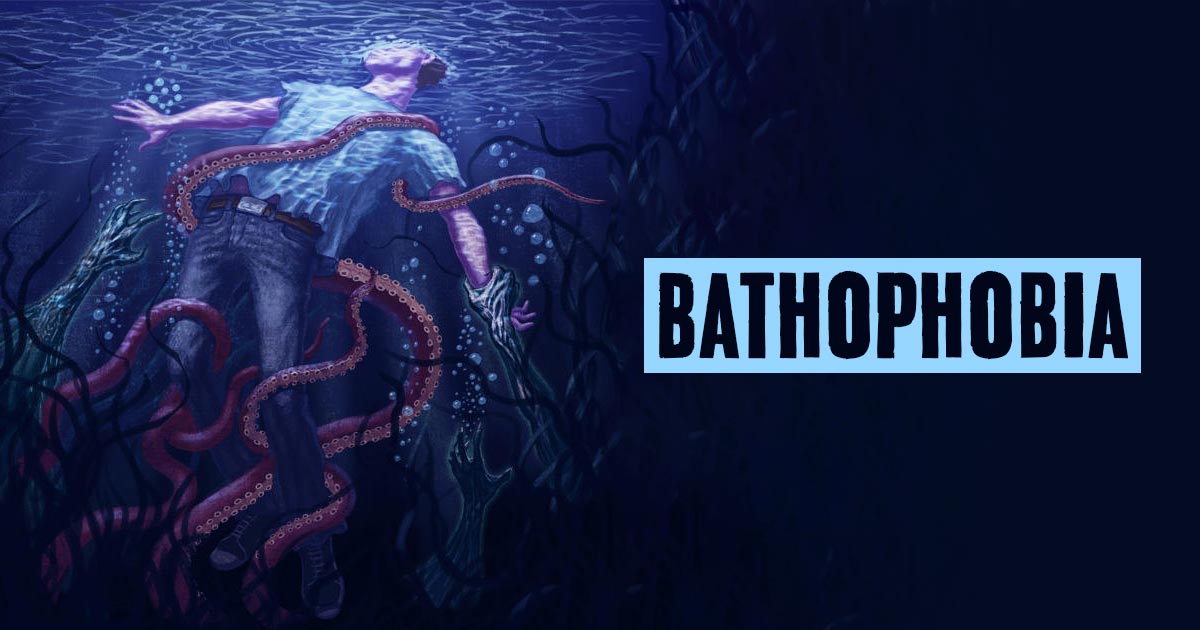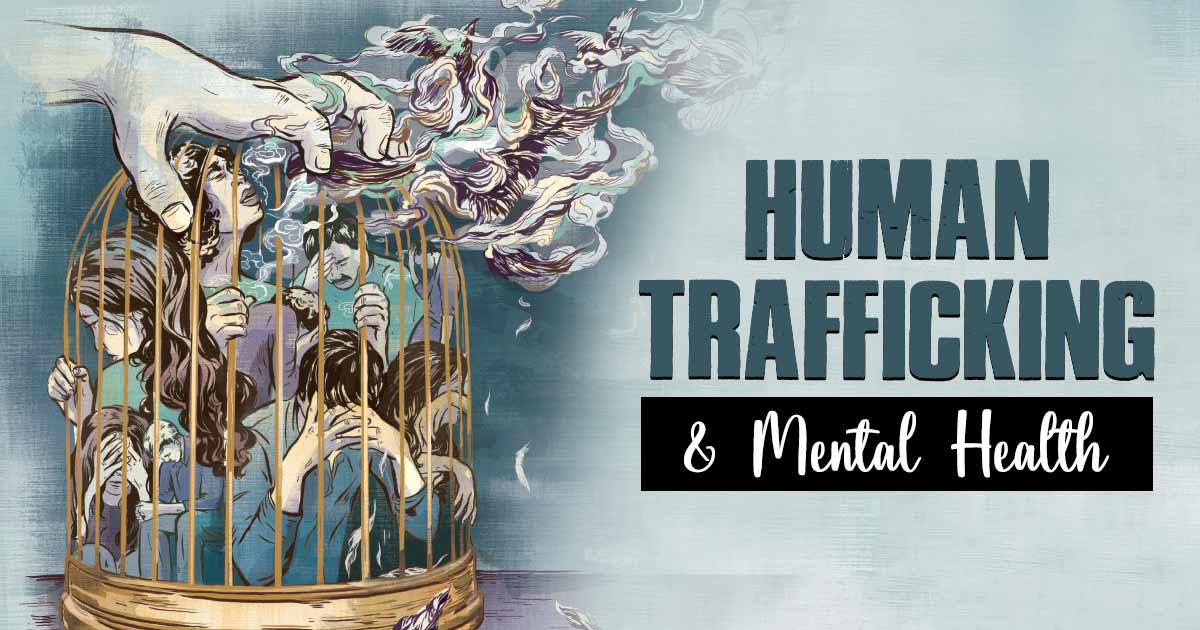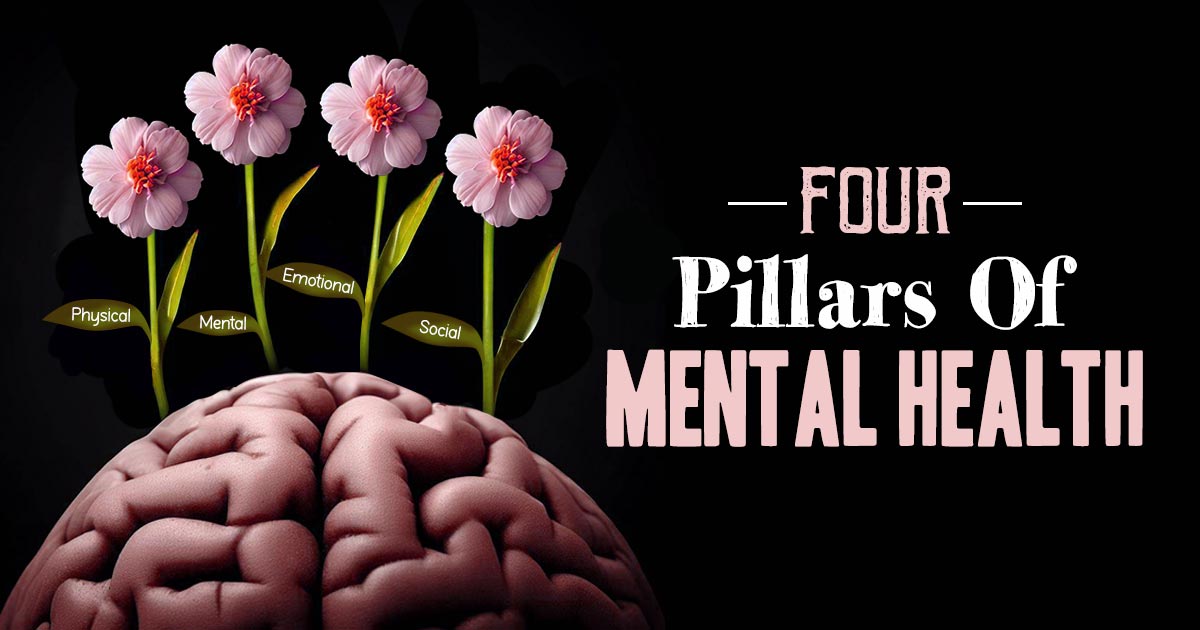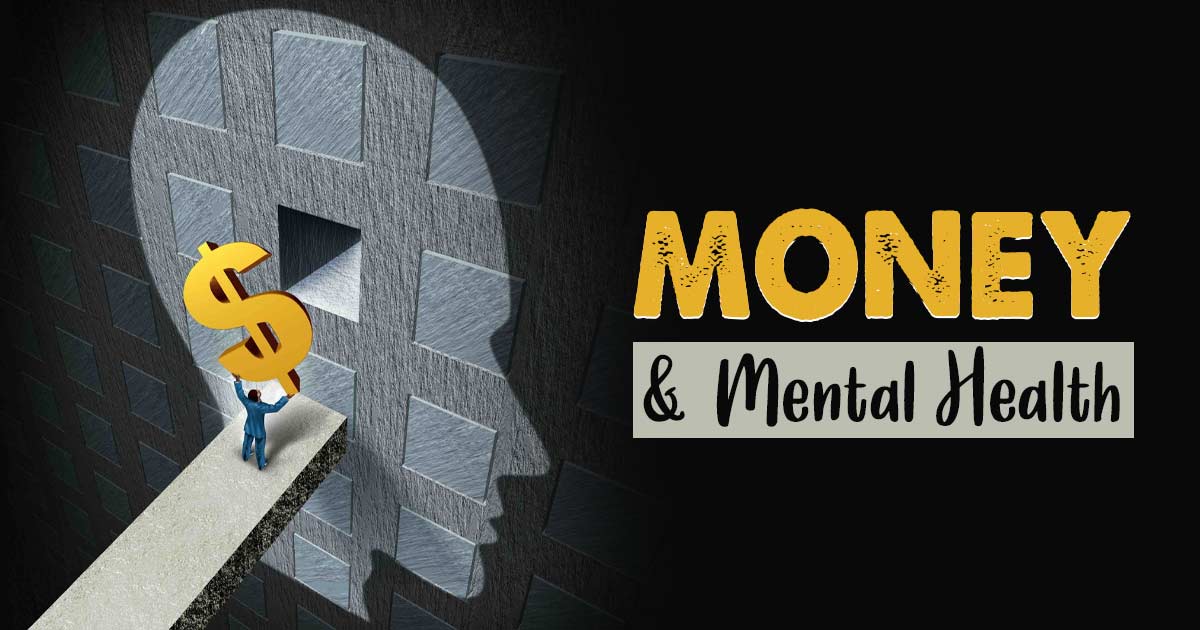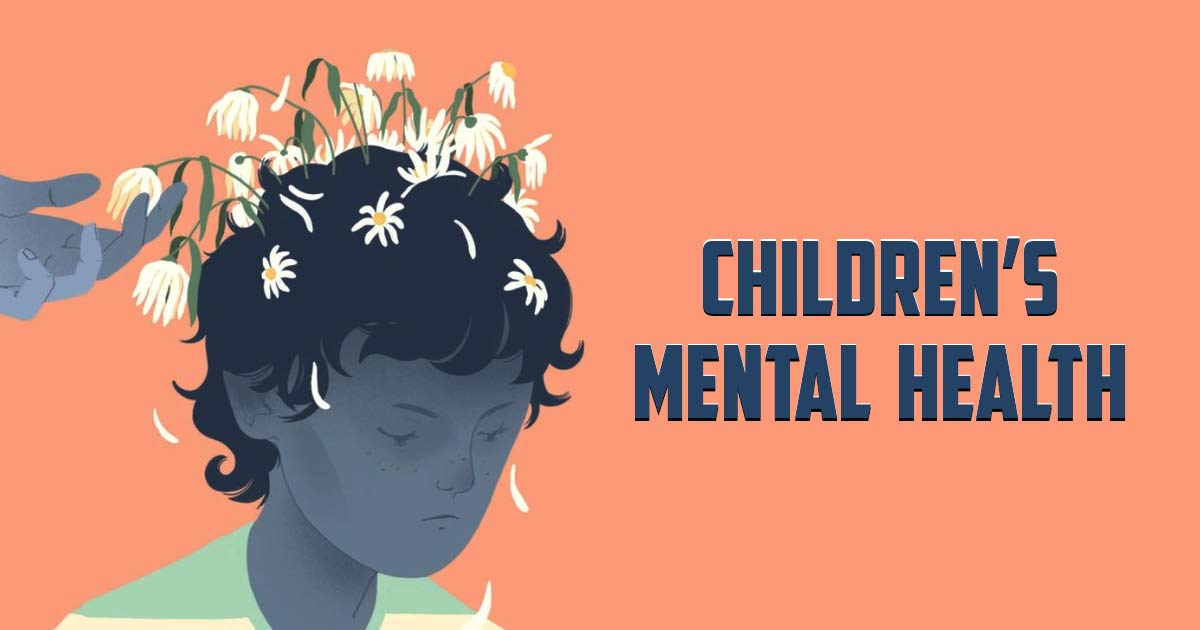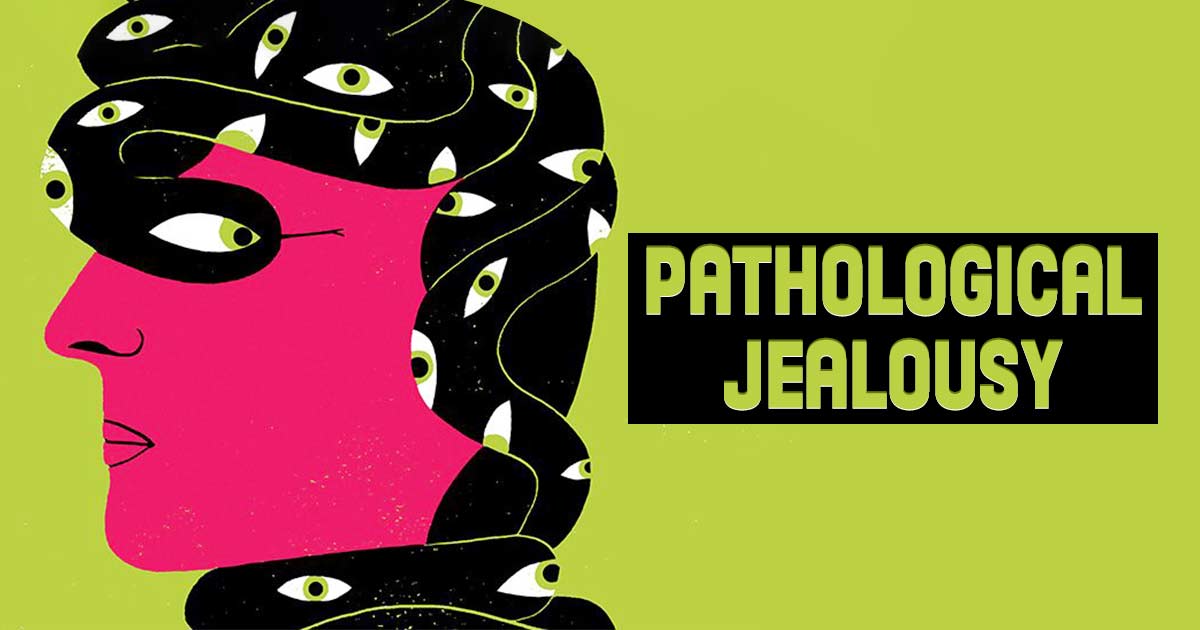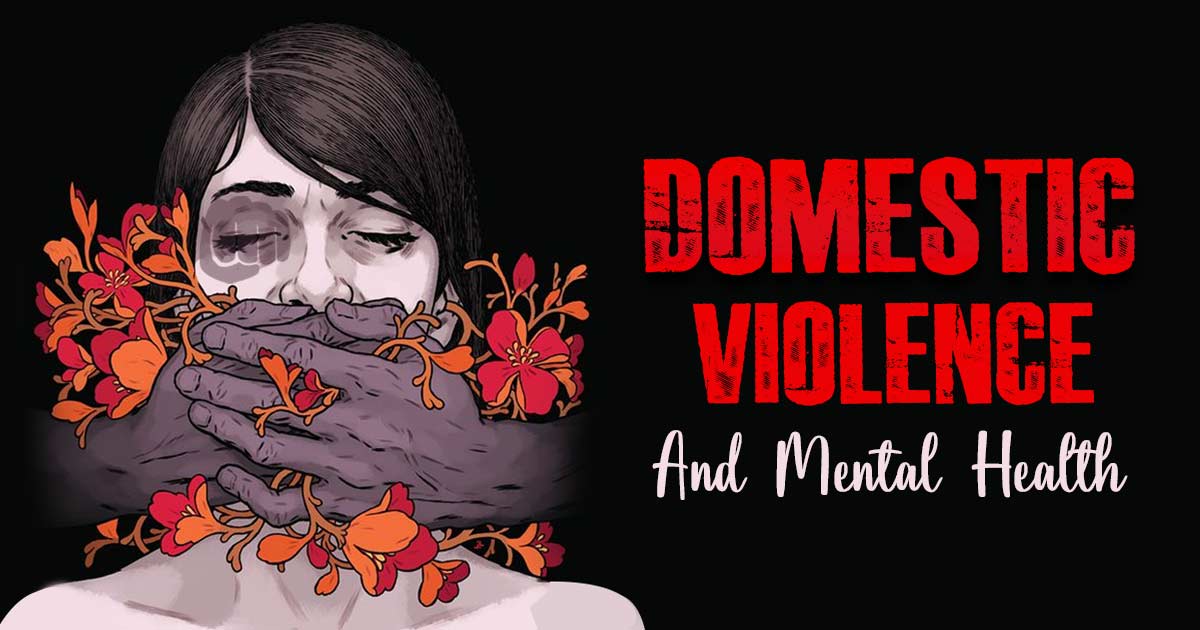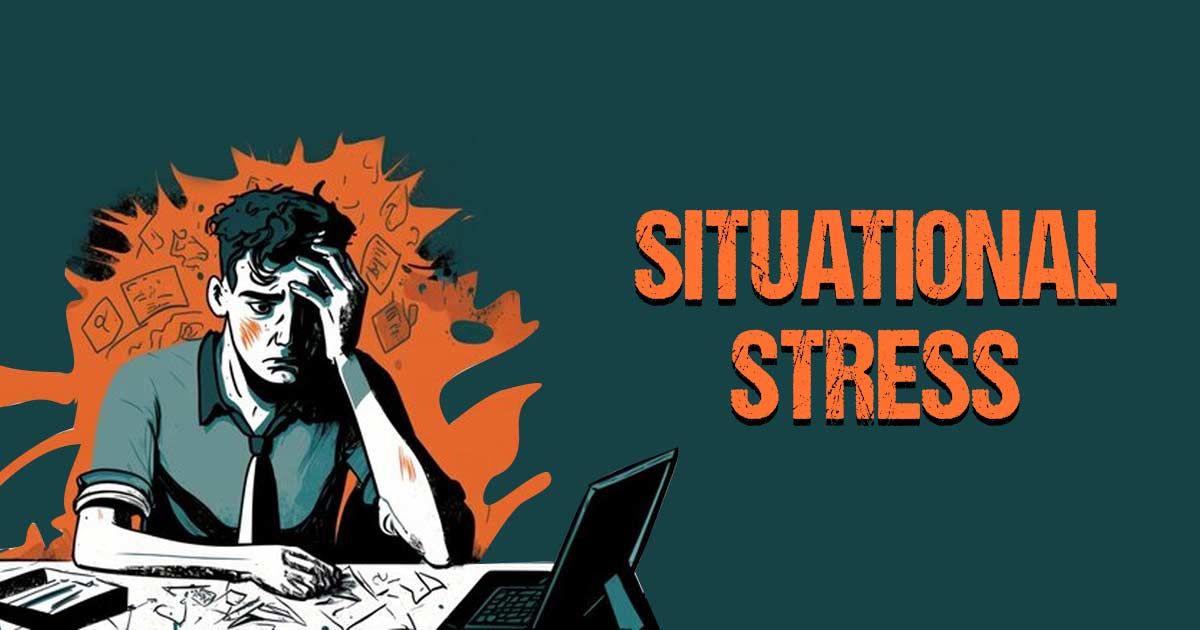Postpartum psychosis (PPP) is a rare perinatal psychological disorder in which a mother experiences severe symptoms of psychosis after giving birth.
What Is Postpartum Psychosis?
Postpartum psychosis (PPP) is a rare but severe condition in new mothers, characterized by delusions, hallucinations, disconnection from reality, impairment in cognitive functioning, mood dysfunction, and disorganized behavior 1 Raza, S. K., & Raza, S. (2022). Postpartum Psychosis. In StatPearls. StatPearls Publishing. Available from: https://www.ncbi.nlm.nih.gov/books/NBK544304/ .
It is considered a psychiatric emergency and usually requires pharmacological management and hospitalization. It is also known as puerperal psychosis and postnatal psychosis.
A condition that is often talked about in relation to postpartum psychosis is postpartum depression. However, the symptoms of the two are quite different from each other.
Click Here To Read More About Postpartum Depression
Women can be vulnerable to PPP throughout the perinatal period. However, in most cases, it typically occurs in first-time mothers within days of giving birth. If left undiagnosed or untreated, it can trigger serious cognitive and behavioral changes and is likely to cause deadly harm to the mother, the baby, and other members of the family.
Fortunately, postpartum psychosis is a brief and fleeting illness with high rates of patient outcomes and a good prognosis.
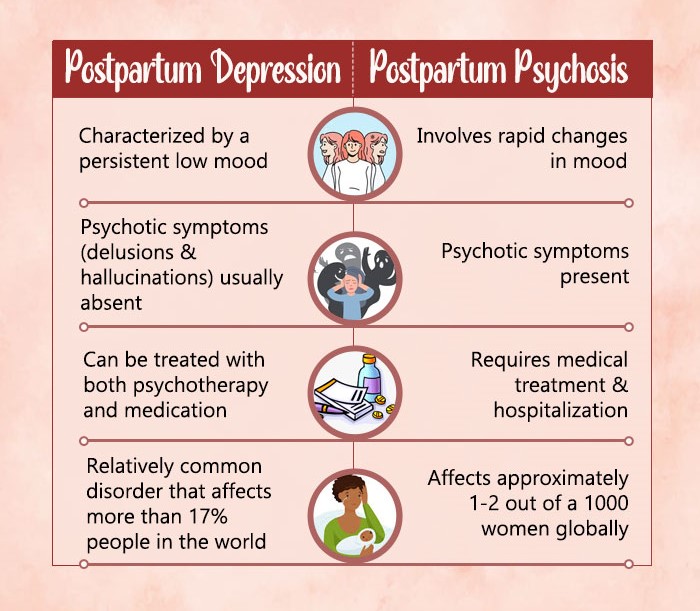
Case Example
Consider the example of Trisha who got married at the age of 21 and gave birth to a child about one and a half years later. Although the pregnancy was not exactly planned, she was still looking forward to this new phase in her life. However, soon after the delivery, her family noticed that she was acting quite unusual.
A usually well-adjusted Trisha started having frequent mood swings. She also seemed to have an unexplained notion that her relatives and neighbors intended to harm her baby.
Her paranoia reached a point where she stopped letting anyone see the child and wouldn’t even let her mother-in-law carry her newborn. When her husband tried to explain to her that she might be behaving unreasonably, she completely lost her temper and accused him of being against her.
Trisha would often stay up almost the entire night watching over the baby. The lack of sleep further increased her disorganized behavior and she was beginning to get more and more forgetful and disoriented with reality.
Unable to understand what was happening with her and realizing that her behavior might have a negative effect on the child, Trisha’s family decided to consult a psychiatrist, who explained to them that she was affected by postpartum psychosis and prescribed medication for her recovery.
How Common Is Postpartum psychosis?
Postpartum psychosis is a severe psychiatric disorder that occurs in one or two out of 1000 child-bearing women 2 Sit, D., Rothschild, A. J., & Wisner, K. L. (2006). A review of postpartum psychosis. Journal of women’s health (2002), 15(4), 352–368. https://doi.org/10.1089/jwh.2006.15.352 within the first 2–4 weeks after delivery. In fact, research 3 Sit, D., Rothschild, A. J., & Wisner, K. L. (2006). A review of postpartum psychosis. Journal of women’s health (2002), 15(4), 352–368. https://doi.org/10.1089/jwh.2006.15.352 claims that it is not only the most severe but also the rarest of the three levels of postpartum mood dysfunctions, namely, baby blues, postpartum depression (PPD), and PPP.
Read More About Baby Blues Here
Symptoms Of Postpartum Psychosis
Some common signs and symptoms 4 Sit, D., Rothschild, A. J., & Wisner, K. L. (2006). A review of postpartum psychosis. Journal of women’s health (2002), 15(4), 352–368. https://doi.org/10.1089/jwh.2006.15.352 of postpartum psychosis involve:
- Delusions
- Hallucinations
- Disorganized speech and behavior
- Loss of touch with reality
- Confusion
- Hyperactivity
- Rapid changes in mood
- Cognitive dysfunction
- Appetite disturbances
- Insomnia
- Self-harm tendencies
- Infliction of harm to the newborn
- Suicidal ideation
Causes Of Postpartum Psychosis
Research 5 Sit, D., Rothschild, A. J., & Wisner, K. L. (2006). A review of postpartum psychosis. Journal of women’s health (2002), 15(4), 352–368. https://doi.org/10.1089/jwh.2006.15.352 attributes the common risk factors and causes of postpartum psychosis to:
1. A history of mental disorders
Studies 6 Raza, S. K., & Raza, S. (2022). Postpartum Psychosis. In StatPearls. StatPearls Publishing. Available from: https://www.ncbi.nlm.nih.gov/books/NBK544304/ reveal that women are prone to PPP if they have a personal or a family history of mental disorders such as:
- Bipolar disorder [Read More]
- Schizoaffective disorders
- Depression [Read More]
- Anxiety disorders [Read More]
- Post-traumatic stress disorder (PTSD) [Read More]
- Substance use disorder (SUD), etc.
2. Chronic illness
Acute or chronic systemic illness increases a person’s vulnerability to PPP. Such illnesses include:
- Cerebral tumors
- Heart disease
- Ischaemic heart disease
- Multiple sclerosis
- Autoimmune thyroiditis
3. A history of postpartum depression
Women with a previous history of dysthymia, baby blues, and postpartum depression or untreated depressive symptoms are more likely to develop severe PPP. Moreover, discontinuation of psychiatric treatment for post-pregnancy depressive symptoms can also trigger PPP.
4. Gender bias about infants
Gender bias with respect to infants, especially female children, is a deeply rooted cultural practice, especially in economically backward communities. Women often face the brunt of domestic violence associated with this prejudice.
Results from a study further reveal that as high as 69% of mothers with a diagnosis of postpartum psychosis had given birth to a female child. Such a trend is seen mostly in countries like India, Pakistan, Bangladesh, etc.
5. Family conditions
Unwelcome pregnancies in families with limited financial resources 7 Bhandari, S., Bullock, L. F., Anderson, K. M., Danis, F. S., & Sharps, P. W. (2011). Pregnancy and intimate partner violence: how do rural, low-income women cope?. Health care for women international, 32(9), 833–854. https://doi.org/10.1080/07399332.2011.585532 combined with dysfunctional family dynamics 8 Peng, S., Lai, X., Qiu, J., Du, Y., Yang, J., Bai, Y., Jia, Y., Meng, L., Wang, K., & Zhang, X. (2021). Living With Parents-In-Law Increased the Risk of Postpartum Depression in Chinese Women. Frontiers in psychiatry, 12, 736306. https://doi.org/10.3389/fpsyt.2021.736306 and domestic conflict are likely to increase the risk of PPP.
6. Other factors
Several other factors are associated with the onset of PPP, including:
- Unfulfilled parenthood expectations
- Unplanned pregnancy
- Racial or ethnic background
- History of mood changes associated with the menstrual cycle
- Higher volume of lifetime pregnancies
- Degree of depressive symptoms
Effects Of PPP
Postpartum psychosis can negatively impact the mother’s quality of life—including her ability to enjoy motherhood, function normally, or form interpersonal relationships. If postpartum psychosis is untreated, its consequences are bound to be devastating. Some of these have been elaborated below:
1. Complications for the mother
PPP complicates the experience of motherhood. It triggers dangerous behaviors and cognitive disorders in mothers, often putting the mother, the child, and other family members at risk.
Mothers suffering from psychosis often lose touch with reality and enter a state of extreme confusion. In fact, PPP is related to high incidences of self-harm, suicide, and infanticide. To ensure the safety of the patient and newborn, immediate hospitalization is warranted if there is a risk of potential harm.
2. Relationship with partner
Postpartum psychosis disrupts the normal functioning 9 Wyatt, C., Murray, C., Davies, J., & Jomeen, J. (2015). Postpartum psychosis and relationships: their mutual influence from the perspective of women and significant others. Journal of Reproductive and Infant Psychology, 33(4), 426–442. https://doi.org/10.1080/02646838.2015.1027181 and relationship between intimate partners welcoming a child into the world. It contributes to domestic conflict 10 Holford, N., Channon, S., Heron, J., & Jones, I. (2018). The impact of postpartum psychosis on partners. BMC Pregnancy and Childbirth, 18(1). https://doi.org/10.1186/s12884-018-2055-z and strained interpersonal relationships within families.
3. Effect on the child
Much like untreated postpartum depression, PPP negatively impacts a child’s overall development. A mother suffering from PPP can (unintentionally) physically harm her own child and/or treat them abusively.
This can have long-term consequences on the parent-child relationship and contribute to post-traumatic stress in the child. In extreme cases, psychosis may lead the mother to take her own child’s life 11 Brockington I. (2017). Suicide and filicide in postpartum psychosis. Archives of women’s mental health, 20(1), 63–69. https://doi.org/10.1007/s00737-016-0675-8 .
Diagnosis Of Postpartum Psychosis
Postpartum psychosis can be clinically diagnosed as a ‘brief psychotic disorder with peripartum onset’ 12 Rai, S., Pathak, A., & Sharma, I. (2015). Postpartum psychiatric disorders: Early diagnosis and management. Indian journal of psychiatry, 57(Suppl 2), S216–S221. https://doi.org/10.4103/0019-5545.161481 as per the Diagnostic and Statistical Manual (DSM) 5.
It is usually diagnosed if the onset of psychosis was after pregnancy or within 4 weeks of delivery. However, it is sometimes diagnosed even if symptoms appear after 4 weeks but are found to be related to childbirth.
A clinical psychologist or a psychiatrist usually makes a diagnosis for postpartum psychosis after reviewing the symptoms and taking a detailed history of the patient’s complaints, previous illnesses, family relationships, and other aspects of her personal life.
There is a dearth of validated psychometric tools for assessing postpartum psychosis and most of the available scales mostly address symptoms of postpartum depression. Thus, the diagnosis is mostly based on clinical judgment.
Treatment For PPP
The treatment for postpartum psychosis usually involves:
1. Medication
An array of psychiatric medications 13 Doucet, S., Jones, I., Letourneau, N., Dennis, C.-L., & Blackmore, E. R. (2010). Interventions for the prevention and treatment of postpartum psychosis: a systematic review. Archives of Women’s Mental Health, 14(2), 89–98. https://doi.org/10.1007/s00737-010-0199-6 comprising mood stabilizers, atypical antipsychotics, and antiepileptic drugs is used to treat postpartum psychosis. Common drugs from these classes include:
- Lithium
- Sodium valproate
- Lamotrigine
- Carbamazepine
- Benzodiazepines
- Quetiapine
- Olanzapine, etc.
While the use of prescription medication in postpartum psychosis treatment is considered typically effective and safe, certain drugs have severe side effects and these may raise concerns related to safety and tolerability. Some of the common side effects associated with pharmacological treatment in PPP include:
- Congenital malformations of the fetus
- Immune dysregulation
- Fatigue
- Headaches
- Cardiovascular problems
- Seizures
- Sleeping troubles
- Appetite problems, etc.
2. Electroconvulsive therapy (ECT)
Electroconvulsive therapy (ECT) 14 Focht, A., & Kellner, C. H. (2012). Electroconvulsive therapy (ECT) in the treatment of postpartum psychosis. The journal of ECT, 28(1), 31–33. https://doi.org/10.1097/YCT.0b013e3182315aa8 carries tremendous benefits for patients suffering from postpartum psychosis. It is considered to be a safe and effective intervention involving minimal risk, especially in patients with acute relapse or an exacerbation of psychosis in the postpartum period.
3. Psychotherapy
Supportive psychotherapy might be most suited for a condition like postpartum psychosis. Most psychological interventions prove to be ineffective for PPP unless supported by medication. Cognitive behavioral therapy 15 NHS. (2021). Postpartum psychosis. Nhs.uk. Available from: https://www.nhs.uk/mental-health/conditions/post-partum-psychosis/ (CBT) may be effective once the symptoms have been stabilized.
Read More About Cognitive Behavioral Therapy Here
How To Give Support
If your loved one is suffering from postpartum psychosis, consider the following tips to help them while taking care of yourself at the same time:
- Consult a psychiatrist or a clinical psychologist for them, and if they are prone to self-harm or inflicting harm on others, take them to a hospital immediately.
- Help them adhere to their treatment regime, and ensure that they take their medications.
- Try to be patient, kind, and supportive throughout the process of treatment and recovery.
- Most importantly, make sure the needs of the newborn are met, as neglect may lead to further complications in the child.
- Spending a lot of time around a person with PPP may take a toll on you. Take some time off for yourself and engage in self-care.
- Remember that you are not responsible for the behavior of another person. Try not to hold yourself accountable.
- Postpartum psychosis is a treatable condition. Have faith that things will get better!
Takeaway
While emotional dysfunctions like baby blues are common conditions that come to many new parents transitioning into a relatively unknown and more responsible life—postpartum psychosis is a severe and rare mental condition that warrants immediate medical care and hospitalization.
However, women with this condition respond fast to treatment. Furthermore, patience and support throughout the treatment and recovery processes enhance treatment outcomes in PPP.
At A Glance
- Postpartum psychosis (PPP) is a rare psychiatric emergency that combines severe symptoms of depression, mania, and psychosis.
- It is also called puerperal psychosis or postnatal psychosis.
- PPP most often arises within 10 days of childbirth.
- It is characterized by bizarre thoughts, behavior, alterations of consciousness, and mood fluctuation.
- It usually occurs in first-time mothers and mothers with multiple experiences of childbirth.
- It is characterized by high rates of self-harm, suicide, and infanticide.
- Treatment mostly involves hospitalization and pharmacological management, or electroconvulsive therapy.
Frequently Asked Questions (FAQs)
1. How can you help someone with postpartum psychosis?
Postpartum psychosis is a severe mental illness and should be treated as a medical emergency. If you know someone who is suffering from it, persuade her to see a psychiatrist at the earliest. If the situation requires inpatient hospitalization, try supporting her family through the process.
2. What is the difference between postpartum depression and postpartum psychosis?
Both postpartum depression and postpartum psychosis are conditions that occur in the postnatal period. However, postpartum depression is mainly defined by persistent low moods and irritability whereas postpartum psychosis is a more severe condition characterized by delusions, paranoia, disorganized behavior, and cognitive impairment among other psychotic signs.
3. What is the difference between baby blues and postpartum psychosis?
Baby blues involves mild depressive symptoms after giving birth, whereas postpartum psychosis involves severe manic and psychotic symptoms. Moreover, baby blues go away on their own but postpartum psychosis may require hospitalization.

